
Federal Government
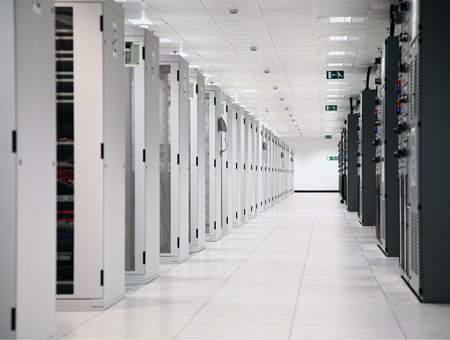
CTS-1 Federal Case Study
The three-year contract provides U.S. Department of Energy’s National Nuclear Security Administration (NNSA) Advanced Simulation and Computing (ASC) program with high-performance computing clusters for its mission to ensure the safety, security and reliability of the nation’s nuclear deterrent without underground testing – a program called stockpile stewardship.
The ASC program brings together the computing capabilities and expertise at NNSA’s three national laboratories. When complete, the Penguin Computing™ TundraTM Extreme Scale installations will realize a peak performance range of 7-9 petaflops.
Tight Budgets, Rising Performance Demands
Federal agencies need ever-increasing compute and storage capabilities to support rising demands for mission-critical research and engineering projects. You need cost-effective solutions that can:
- Scale up and scale out to meet a variety of capacity or capability requirements
- Support a wide range of use cases
- Deliver state-of-the-art performance to solve complex problems and deliver faster time to results
- Simplify computing tasks for nontechnical users
- Provide optimal processor, memory, network and storage configurations within agency budgets
The Penguin Computing advantage
Leading government organizations have relied on Penguin Computing for years to deliver solutions with outstanding performance, value and security. Our ongoing commitment to improving compute ROI is exemplified in TundraTM OpenHPC, the next generation in high-density, upgradeable, high-performance computing. All Penguin Computing systems and services combine deep technology and applications expertise with a wide range of leading component technologies to provide:
- Customized – Optimized, high-performance systems configured to your agency’s specific processing, security and budget needs
- Robust – Leading HPC cloud services designed to support diverse user needs
- Low Risk – COTS systems with industry-leading performance
- Strong Support – Pre- and post-sales support from staff with experience working in secure environments
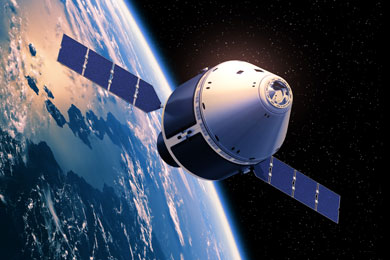
Defense and Aerospace
Penguin Computing provides complex and performance based cluster and technical based compute and visualization solutions to our system integrator partners and defense clients.
We supply solutions in the following areas: Command, Control, Communications, Computers, Intelligence, Surveillance and Reconnaissance (C4ISR) solutions.
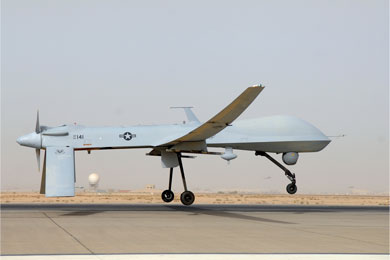
Intelligence Dissemination
The sharing of intelligence information for the purposes of data analytics and mission decisions/planning is a critical component of our Homeland Security and DoD environments.
Penguin Computing® Relion® servers and IcebreakerTM storage systems are used in multiple applications in both inhouse and deployed environments. Penguin Computing has over 60 systems deployed in theatre on secure DoD dissemination applications.

Radar Processing
RADAR is used to generate actionable insight in many environments. Applications vary from weather data acquisition systems to event detection systems to enemy targeting. They can be in aircraft, sea vessels, or ground stations. Obtaining, processing, and exploiting RADAR data takes a number of highly powered and synchronized compute systems.
Penguin HPC systems use cutting edge processing and communication technologies that support the scalable compute required for any size RADAR system.
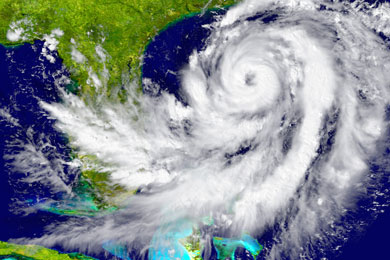
Weather Modeling
Climate and Weather modeling present two distinct challenges to which Penguin HPC systems are well suited. Weather centers need all the redundancies of a large Data Center. Time is a critical when providing forecasts to Airlines, Agricultural concerns and Governments, among many, and rerunning this information may have catastrophic effects. Penguin designs its systems with this in mind. Climate research does not require this level of redundancy but requires more robust storage subsystems for longer term storage of multiyear simulations. Penguin’s Lustre based storage system, FrostbyteTM, provides the needed architecture for this type of research.
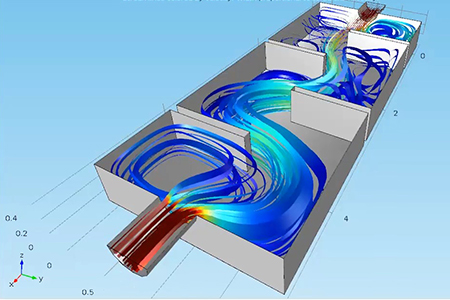
Physics-Based Modelling
Many real world phenomena can be modeled by time based functions that describe how liquid flows, particles collide and decay, or forces interact.
Computer calculations are playing an increasingly important role in physics, complimenting to the more traditional disciplines of experimental and theoretical physics. Monte Carlo simulations are becoming the common way to predict outcomes for systems with interactions not yet fully understood.
Penguin’s turn-key clustered systems provide the compute power necessary to solve the mathematical equations necessary in these predictions.